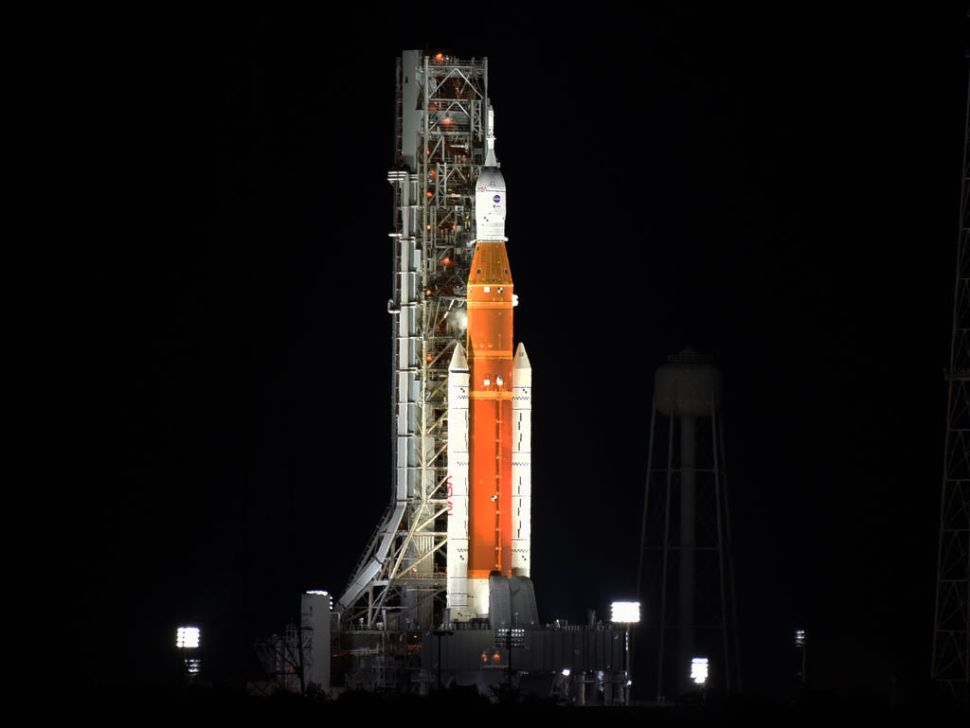Last December, President-elect Donald Trump tapped Jared Isaacman, a tech billionaire who traveled twice to space with Elon Musk’s SpaceX, to serve as the next NASA administrator. Isaacman’s appointment raised questions on how the businessman may wield his power in the upcoming administration to help SpaceX land billion-dollar contracts with NASA. One NASA astronaut reassured skeptics that, while changes may be expected, they have nothing to worry about.
During a panel at the 2025 CES in Las Vegas yesterday (Jan. 9), a lineup of NASA leaders were asked to address concerns that the upcoming Trump administration may derail the space agency’s Artemis program to go back to the Moon and instead focus on Mars due to Musk’s influence.
Reid Wiseman, commander of NASA’s Artemis II mission to fly the agency’s Space Launch System (SLS) rocket with a crew around the Moon, stepped in to comment, saying while changes to NASA’s priorities are possible, NASA’s “two bosses” include the President and “taxpayers—not companies.”
“We work for the government. We do not work for profit, and we will do what we are told to do,” Wiseman said.
That said, Wiseman noted that NASA’s partnership with the private sector is key to driving its missions forward. Going back to the Moon, he said, is a step towards exploring other planets like Mars, aligning with Musk’s and NASA’s goal to pursue missions across the solar system.
“Elon Musk is probably the greatest inventor of our time, maybe of all time,” the astronaut said. “He wants to get to Mars, and we want to get to Mars, and we are contract with his company SpaceX to get us onto the surface of the Moon, which will prove out how we’re going to get to Mars.” He was referring to SpaceX’s billion-dollar contracts to build a human landing system for the Artemis program. Wiseman said he has close friends who work at SpaceX.
Currently, SpaceX launches NASA astronauts to the International Space Station every six months. “This is exactly where we wanted to be, and this is actually beyond where I thought we would be going in the next 10 years,” Wiseman said. “I look at it all now as very positive.”
The NASA astronaut’s praise for SpaceX contrasts with Musk’s public criticism of NASA programs. In late December, the entrepreneur vented on X that NASA’s “Artemis architecture” is “extremely inefficient” and that exploring the Moon is a “jobs-maximizing program” instead of a “results-maximizing one.”
A few days later, Musk posted on the social media platform that “we’re going straight to Mars” because “the Moon is a distraction,” a subtle dig at NASA’s current priorities.
Some space experts expect SpaceX to achieve interplanetary missions faster than NASA. SpaceX has 25 Starship test flights planned for 2025 and aims to launch uncrewed Starship missions to Mars in two years.
NASA’s last rocket mission was in November 2022 when it launch the Artemis I mission with an SLS rocket to send a capsule to fly around the Moon. The Artemis II mission has been delayed to no earlier than April 2026.

